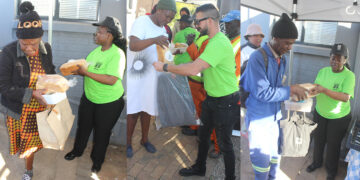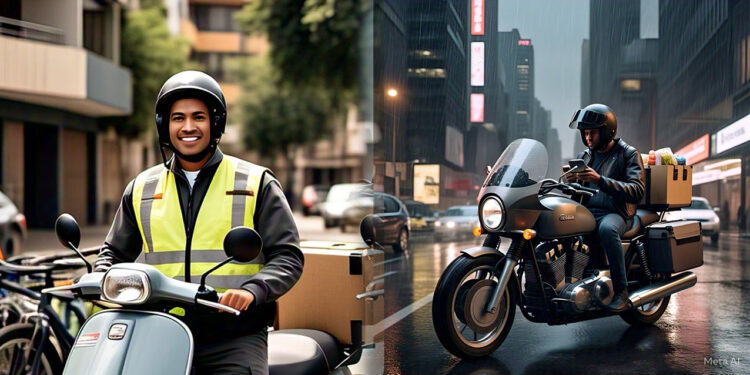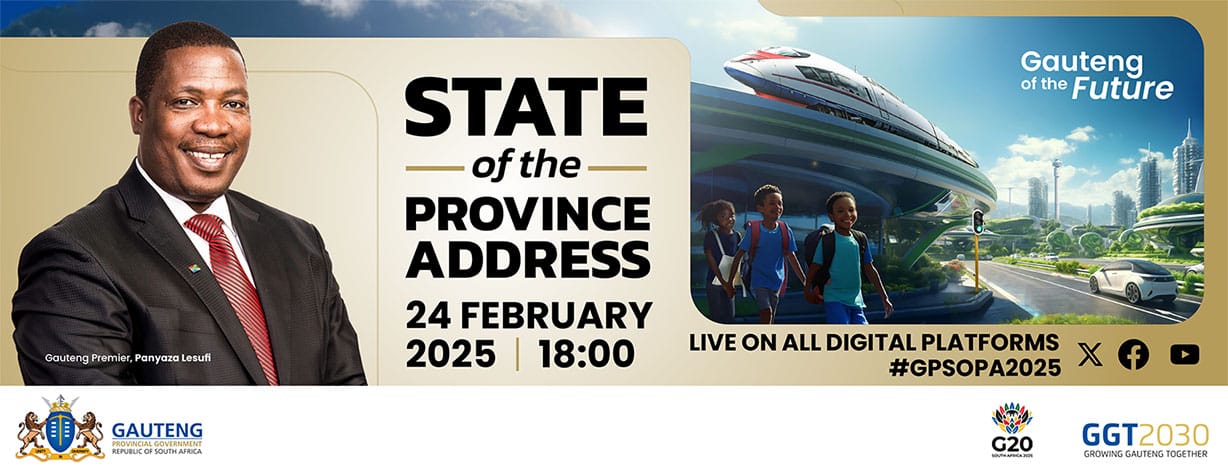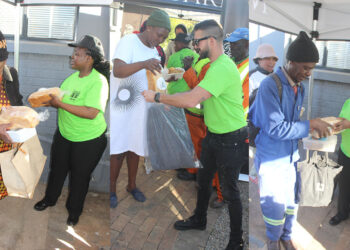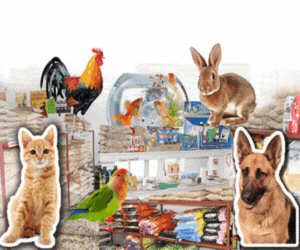In recent years, scooter delivery services have emerged as a transformative force in urban mobility, becoming an indispensable lifeline for businesses and consumers alike who seek rapid and efficient delivery options. The riders, often seen zipping through city streets, serve as vital links between local establishments and their customers, showcasing not only resilience and adaptability but also a profound sense of community spirit as they navigate the myriad challenges of their daily work.
The COVID-19 pandemic acted as a catalyst for this transformation, drastically accelerating the demand for contactless delivery services. As consumers became increasingly cautious about physical interactions, the appeal of scooter deliveries surged, providing a convenient solution that minimized exposure while still meeting the need for goods and services. Simultaneously, technological advancements in mobile applications and GPS tracking enhanced these platforms, streamlining user experience and operational efficiency. This evolution has not only benefited consumers but has also created new economic opportunities for riders.
Experienced riders like Adetunbi Saheed in the Wesr Rand, finds a sense of financial stability in their roles, which is crucial for supporting their families in an unpredictable economy. However, the job is not without its challenges. Saheed frequently faces difficult customers who may be impatient or demanding, adverse weather conditions that can make riding treacherous, and the relentless pressure to meet tight delivery targets that often leads to stress. He emphasizes the need for better scooter maintenance practices within the industry and suggests that additional tires could significantly improve performance and safety on the roads. Despite these hurdles, Saheed values the flexibility that his job offers, allowing him to balance work commitments with personal responsibilities, a crucial factor for many riders juggling family life.
Ishmael Justin, another seasoned rider with six years of experience, shares a similar sentiment about enjoying customer interactions, which he finds fulfilling. However, he grapples with financial instability that limits his access to essential healthcare services. His experiences highlight broader systemic issues within the gig economy, where many workers lack benefits traditionally associated with full-time employment. Additionally, Justin expresses concerns about safety while navigating unfamiliar neighborhoods and heavy traffic, underscoring the precarious nature of scooter delivery work. While public recognition of scooter riders’ hard work is growing, some segments of society still view them as disruptive elements within urban environments. Justin advocates for improved rider training programs and the implementation of advanced safety technologies to create a safer working environment.
As scooter delivery services continue to proliferate in urban areas, it is imperative to address the multifaceted challenges riders face while simultaneously acknowledging their critical role in modern commerce. Riders like Ishmael Justin and Austin Lusale appreciate the financial stability their jobs provide, along with the interpersonal skills they develop through customer interactions. Nonetheless, they also experience intense pressure to adhere to tight delivery schedules, which can inadvertently lead to unsafe practices such as speeding or reckless maneuvering.
Justin notes a noticeable spike in demand for deliveries at the end of the month, coinciding with payday spending patterns, a trend that further intensifies the pressure on riders to deliver quickly and efficiently. Lusale echoes this sentiment while sharing his own job satisfaction; however, he too must navigate significant challenges such as heavy traffic congestion and safety concerns related to malfunctioning lights on scooters and the threat of theft. He advocates for enhanced security measures, including GPS tracking systems and brighter headlights to improve visibility during night-time rides, which could significantly reduce accident rates.
Both riders highlight the camaraderie that exists among their colleagues, fostering a sense of mutual respect and support in an often isolating gig economy. They recognize that companies frequently offer incentives for completing deliveries during peak hours, enabling riders to strategically plan their work schedules around high-demand times to maximize earnings. This ability to adapt not only enhances their financial prospects but also reinforces the importance of community among riders.
Balancing convenience with safety and adequate support will be essential for the ongoing success and well-being of urban delivery workers. As scooter delivery services continue to shape urban landscapes, it is crucial for stakeholders including companies, city planners and consumers to acknowledge and address the challenges faced by scooter delivery riders while celebrating their invaluable contributions to modern commerce.
Thulisa Nyathi
Soweto Sunrise News



